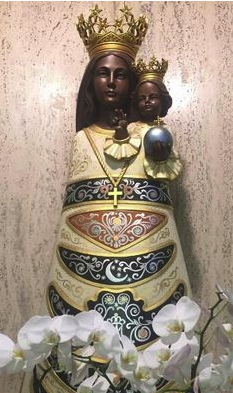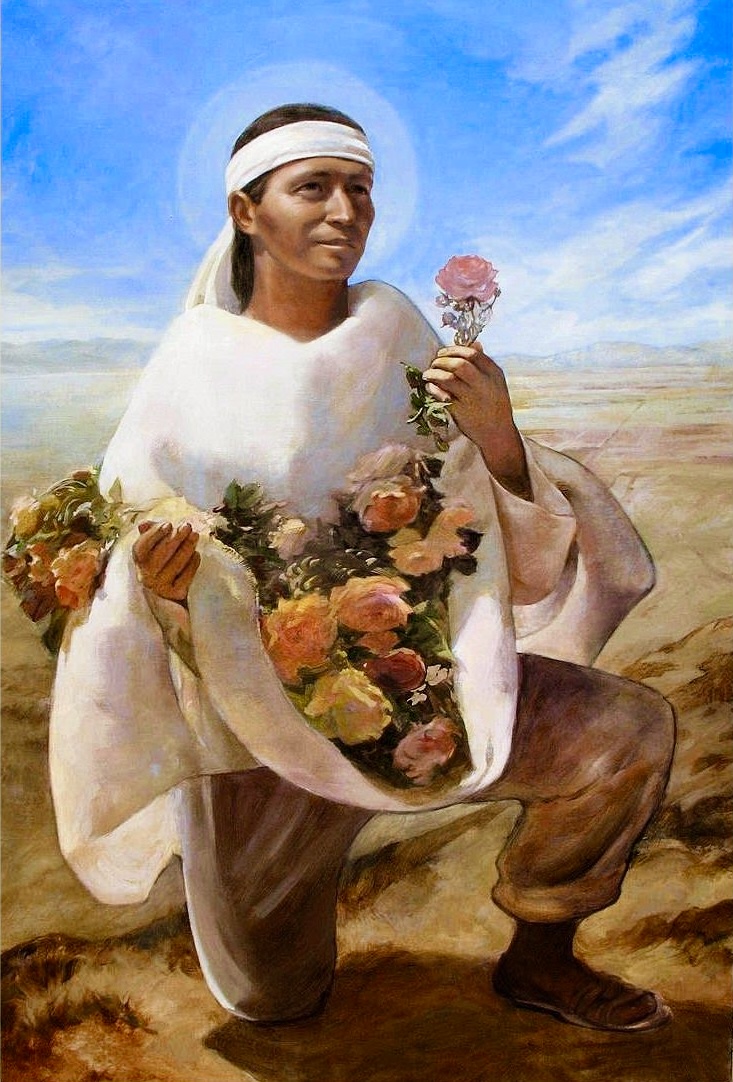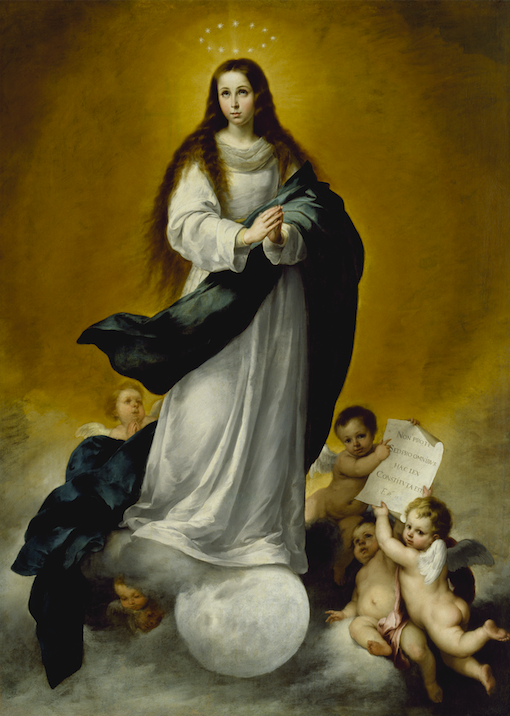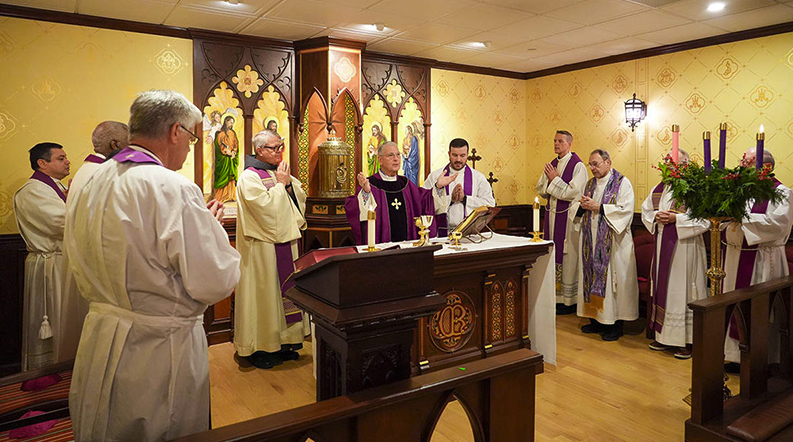These reflections are a result of more than 40 years of ministry as a Roman Catholic priest. Most of these years I spent in the Diocese of Charlotte which covers Western North Carolina. Now I am retired, and live in Medellín, Colombia where I continue to serve as a priest in the Archdiocese of Medellín.

They that hope in the LORD will renew their strength, they will soar as with eagles' wings; They will run and not grow weary, walk and not grow faint. (Is 40:25-31)
https://bible.usccb.org/bible/readings/121025.cfm
There are several houses of Mary: the one in Ephesus, the one in Nazareth, and the one in Loretto. Why so many houses of the Virgin Mary? Well it means that the Virgin Mary is our neighbor, and she invites over us for a cup of coffee and a chat. Or rather, in this Advent season, she invites us over to eat natilla and buñuelos (a traditional Colombian Christmas dessert). https://youtu.be/A9Ad67bzgPk?si=gsRVbdjNEIacj0sX

Comfort, give comfort to my people, says your God. (Is 40:1-11)
https://bible.usccb.org/bible/readings/120925.cfm
The reading today speaks of comfort. This is fitting on the feast of Saint Juan Diego Cuauhtlatoatzin (1474-1548), the indigenous man who received the apparitions of Our Lady of Guadalupe and brought comfort to captive peoples and conquered nations. After he shared the story of his encounter with his Loving Mother, over 11 million indigenous people were baptized and began the journey on the Way of Christ. "Beloved Juan Diego, 'the eagle that speaks!' Teach us the Way that leads to the Brown Virgin of Tepeyac, so that she may receive us in the deepest part of her heart." Saint John Paul II (2002). https://youtu.be/KZJvRU4JJak?si=WkOY-8-X9tR8TMEO

Blessed be the God and Father of our Lord Jesus Christ, who has blessed us in Christ with every spiritual blessing in the heavens, as he chose us in him, before the foundation of the world, to be holy and without blemish before him. (Eph 1:3-6,11-12)
https://bible.usccb.org/bible/readings/120825.cfm
We have all been chosen by God. Mary was called to become the mother of the Savior. She said yes to the angel’s message. Her yes echoes through the ages inspiring all the disciples of her son who call her blessed. Today’s photo is of the Immaculate Conception by Murillo (1617-1682). Today’s villancico (Christmas carol) is Salve Reina y Madre (Hail Queen and Mother). https://youtu.be/BNe1qhR0U1Q?si=HhfejgG40M9ZE0gv

Welcome one another, then, as Christ welcomed you, for the glory of God. (Rom 15:4-9)
https://bible.usccb.org/bible/readings/120725.cfm
As Advent invites us to “prepare the way of the Lord,” Saint Paul calls us to be agents of welcome. In these troubled times when so many are living in fear and are feeling unwelcome, the church reaches out with hope and compassion. Here is the link to the statement of the bishops of the province of Atlanta to which the Diocese of Charlotte belongs. https://georgiabulletin.org/news/2025/12/bishops-of-atlanta-province-share-pastoral-reflection-on-dilexi-te/

At the sight of the crowds, his heart was moved with pity for them because they were troubled and abandoned, like sheep without a shepherd. Jesus sent out these Twelve after instructing them thus, "As you go, make this proclamation: 'The Kingdom of heaven is at hand.' Cure the sick, raise the dead, cleanse lepers, drive out demons. Without cost you have received; without cost you are to give." (Mt 9:35-10:1, 5a, 6-8)
https://bible.usccb.org/bible/readings/120625.cfm
In his ministry as bishop, Saint Nicholas (270-343) fulfilled the command of the Lord: without cost you have received, without cost you are to give. Saint Nicholas still continues to freely give. https://youtu.be/h0-QMXFJoEE?si=lMPArsG1i-X2Kwpi



